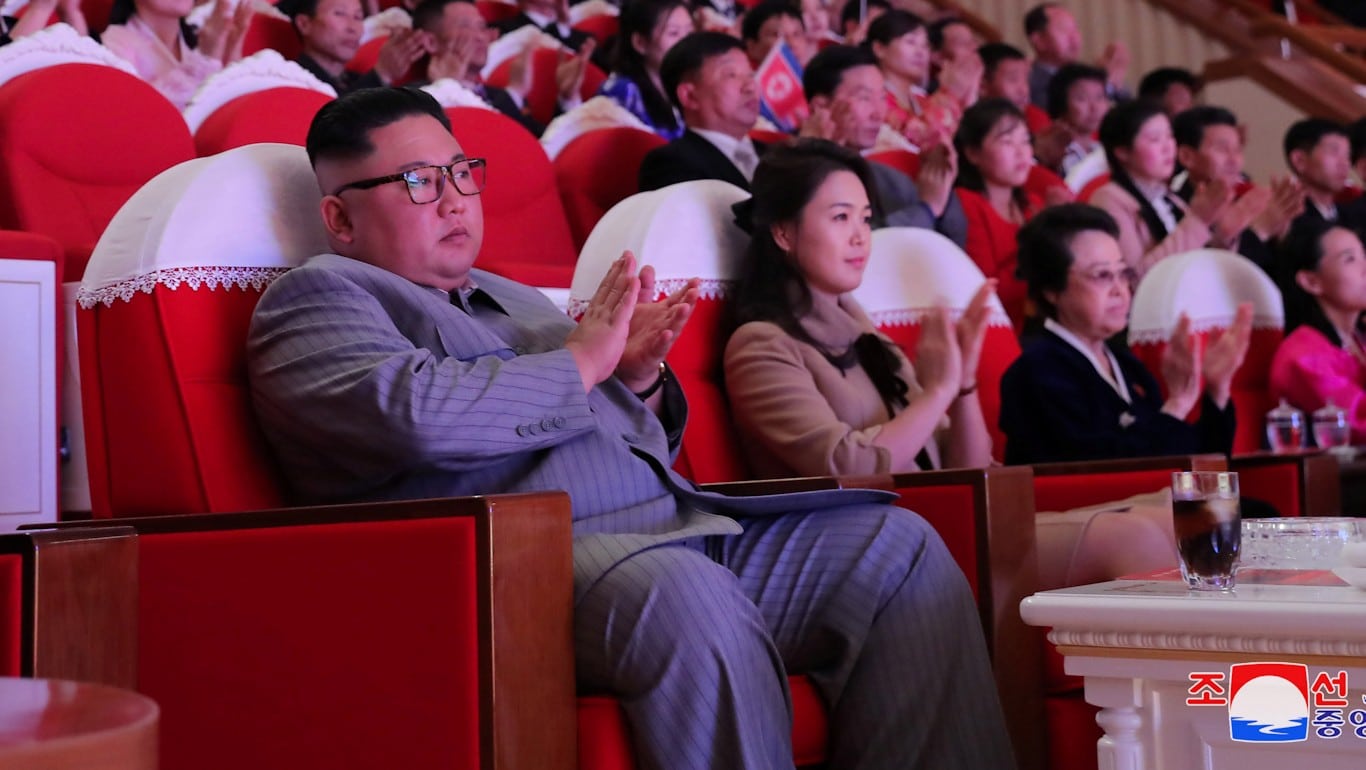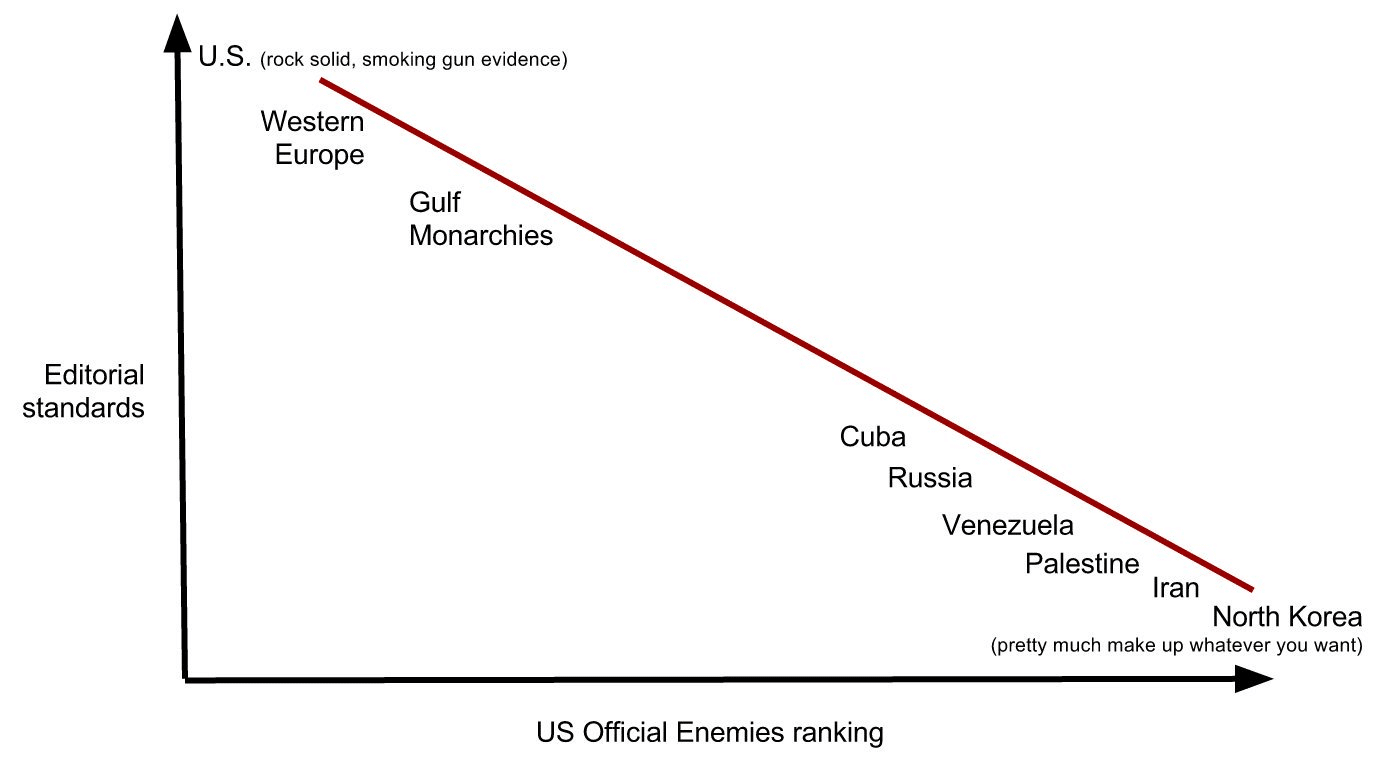
North Korean leader Kim Jong Un and his wife Ri Sol Ju watch a performance to celebrate the Lunar New Year at the Samjiyon Theater in Pyongyang, North Korea in this undated photo released by North Korea's Korean Central News Agency (KCNA) in Pyongyang January 25, 2020. KCNA via REUTERS ATTENTION EDITORS - THIS IMAGE WAS PROVIDED BY A THIRD PARTY. REUTERS IS UNABLE TO INDEPENDENTLY VERIFY THIS IMAGE. NO THIRD PARTY SALES. SOUTH KOREA OUT. NO COMMERCIAL OR EDITORIAL SALES IN SOUTH KOREA.








You must be logged in to post a comment.